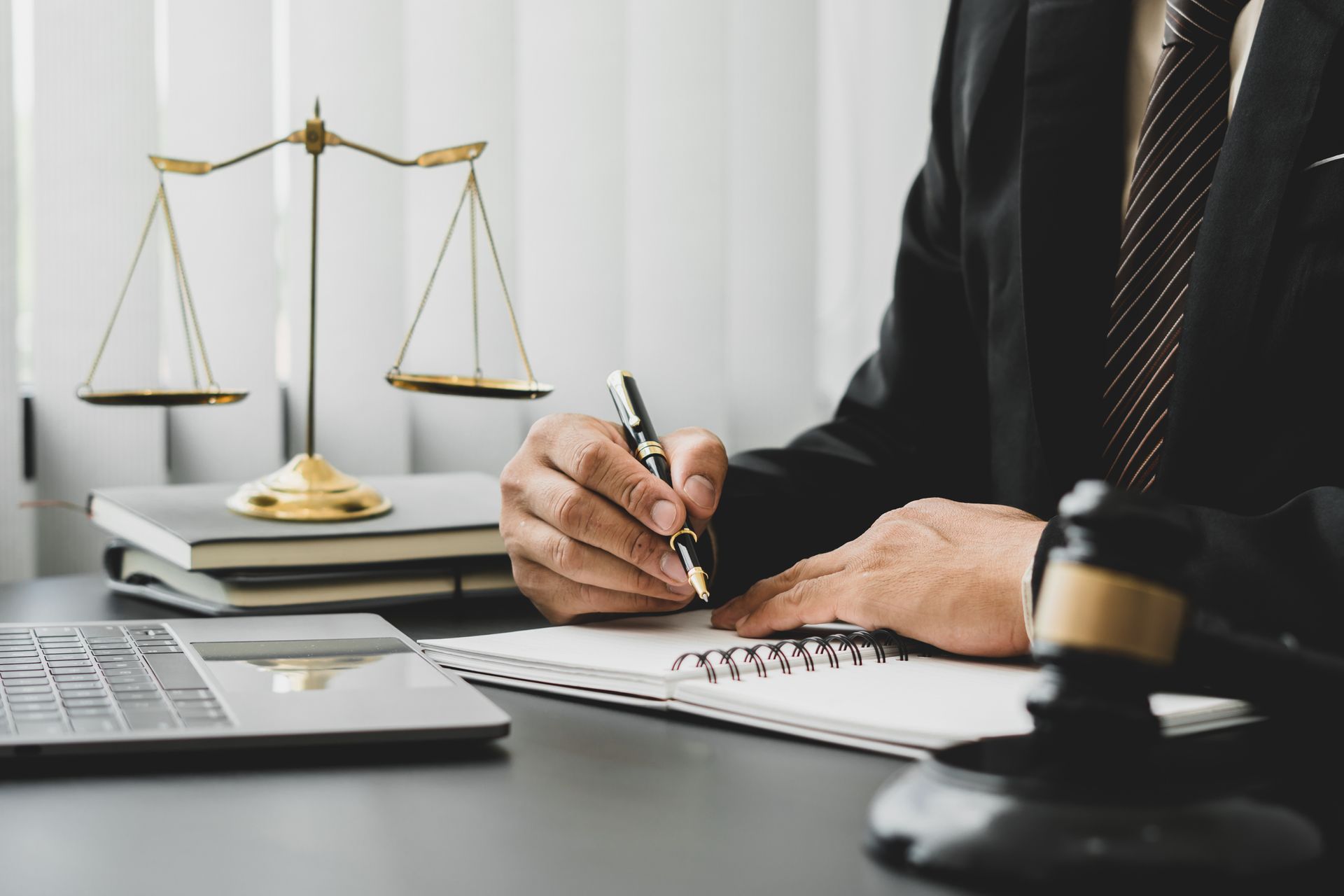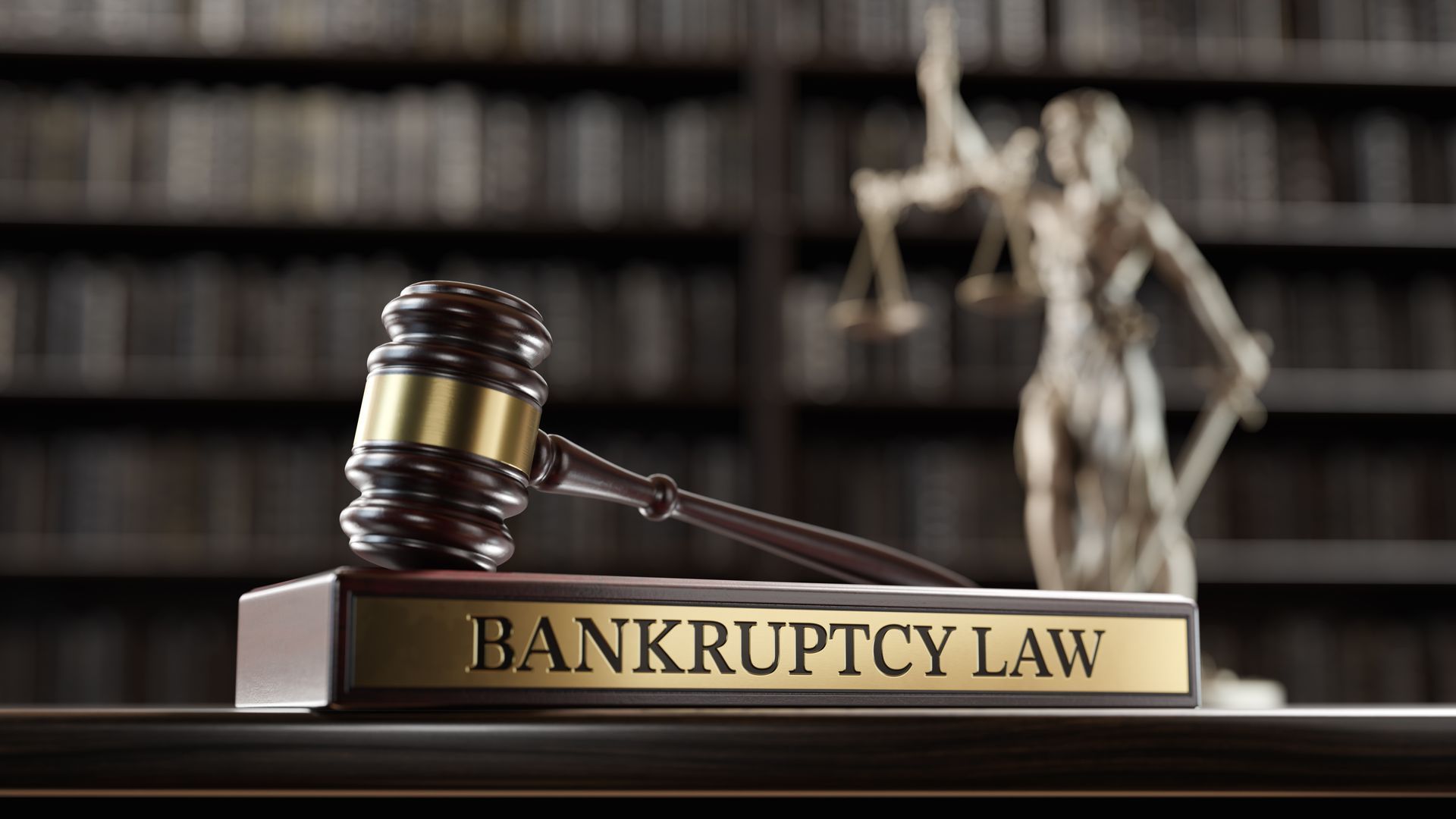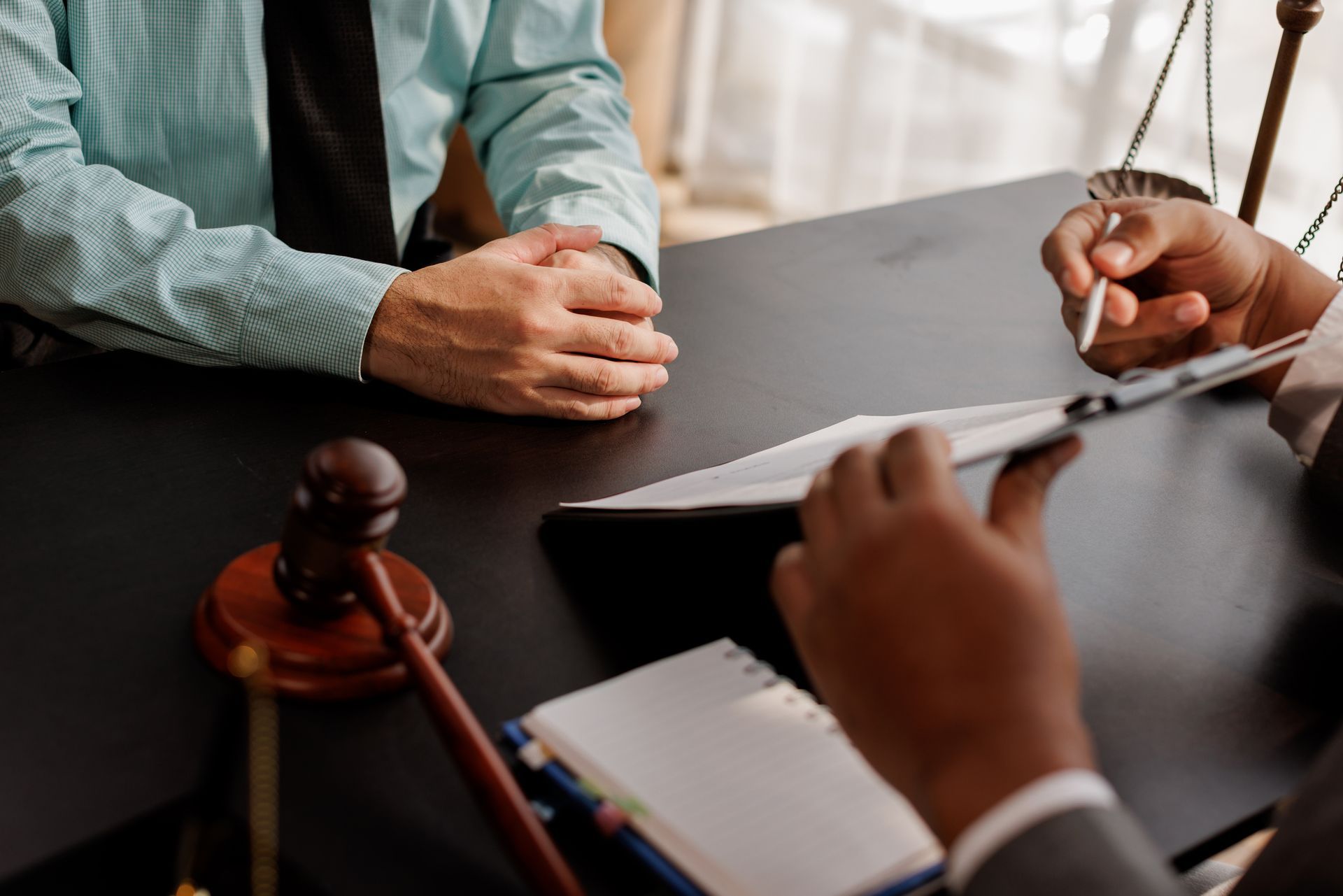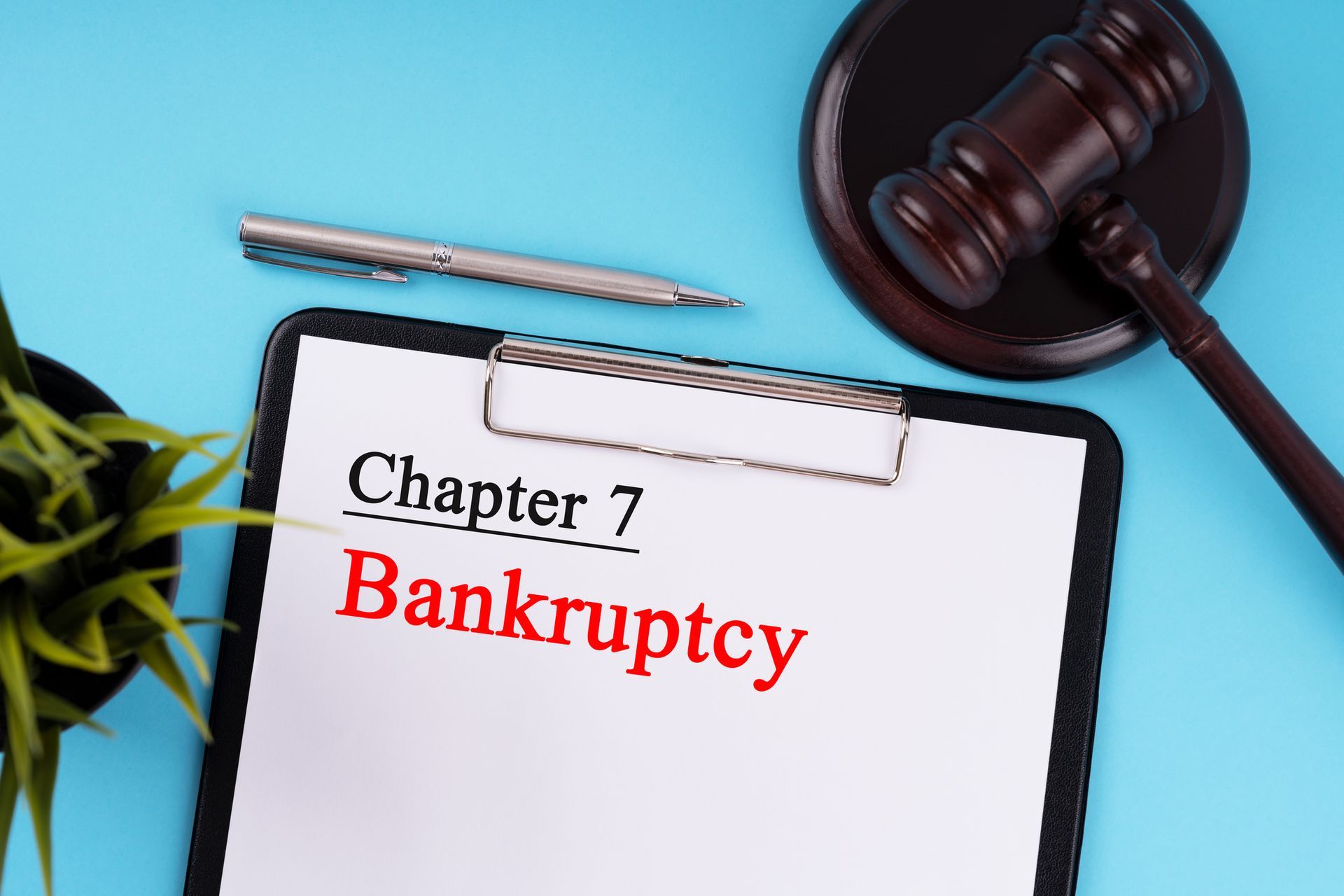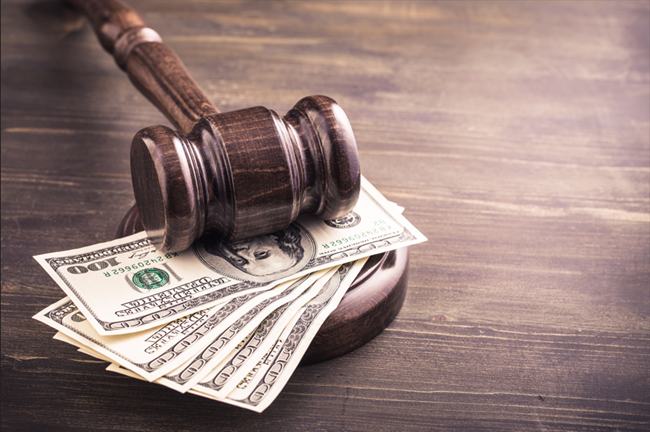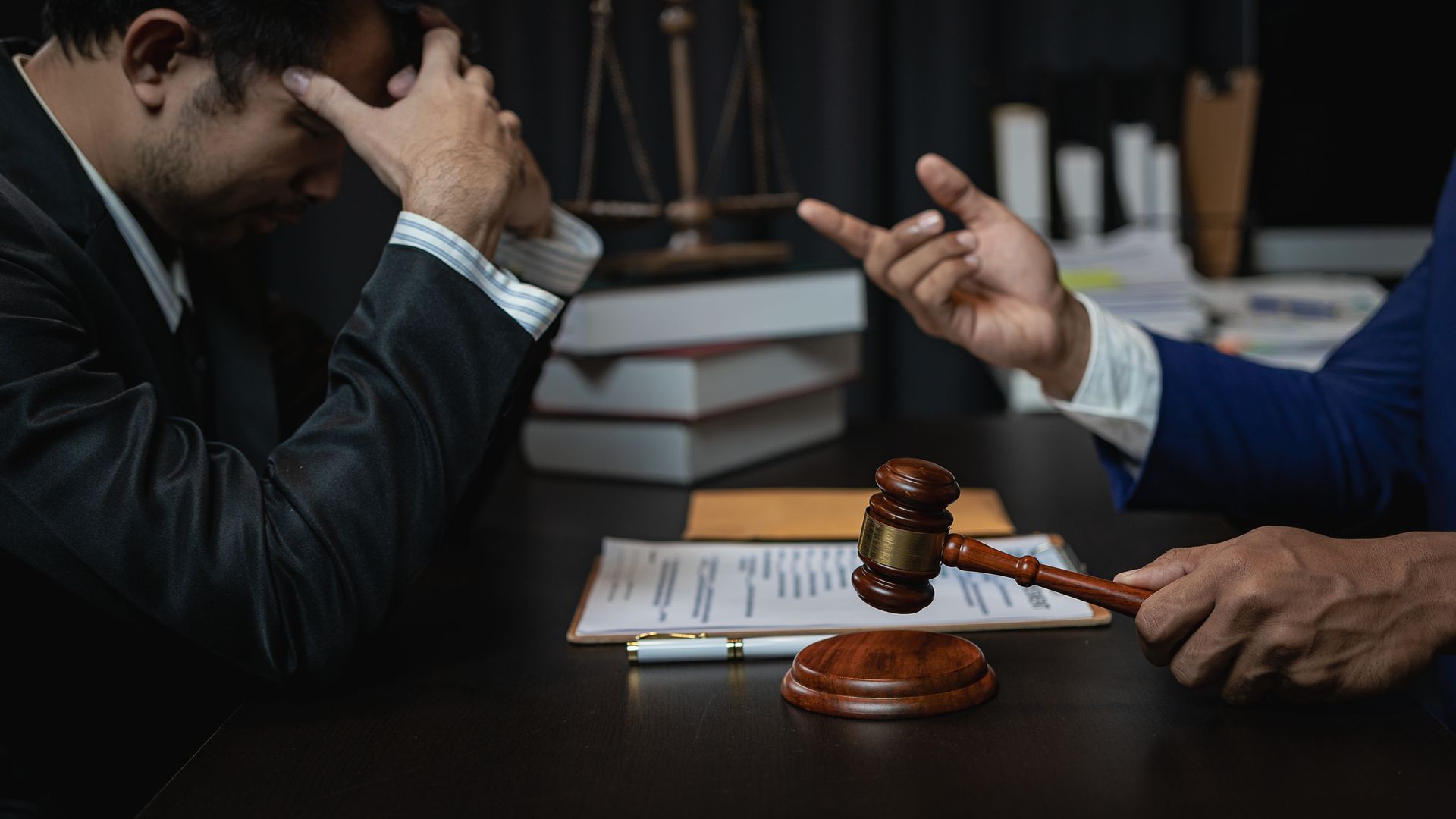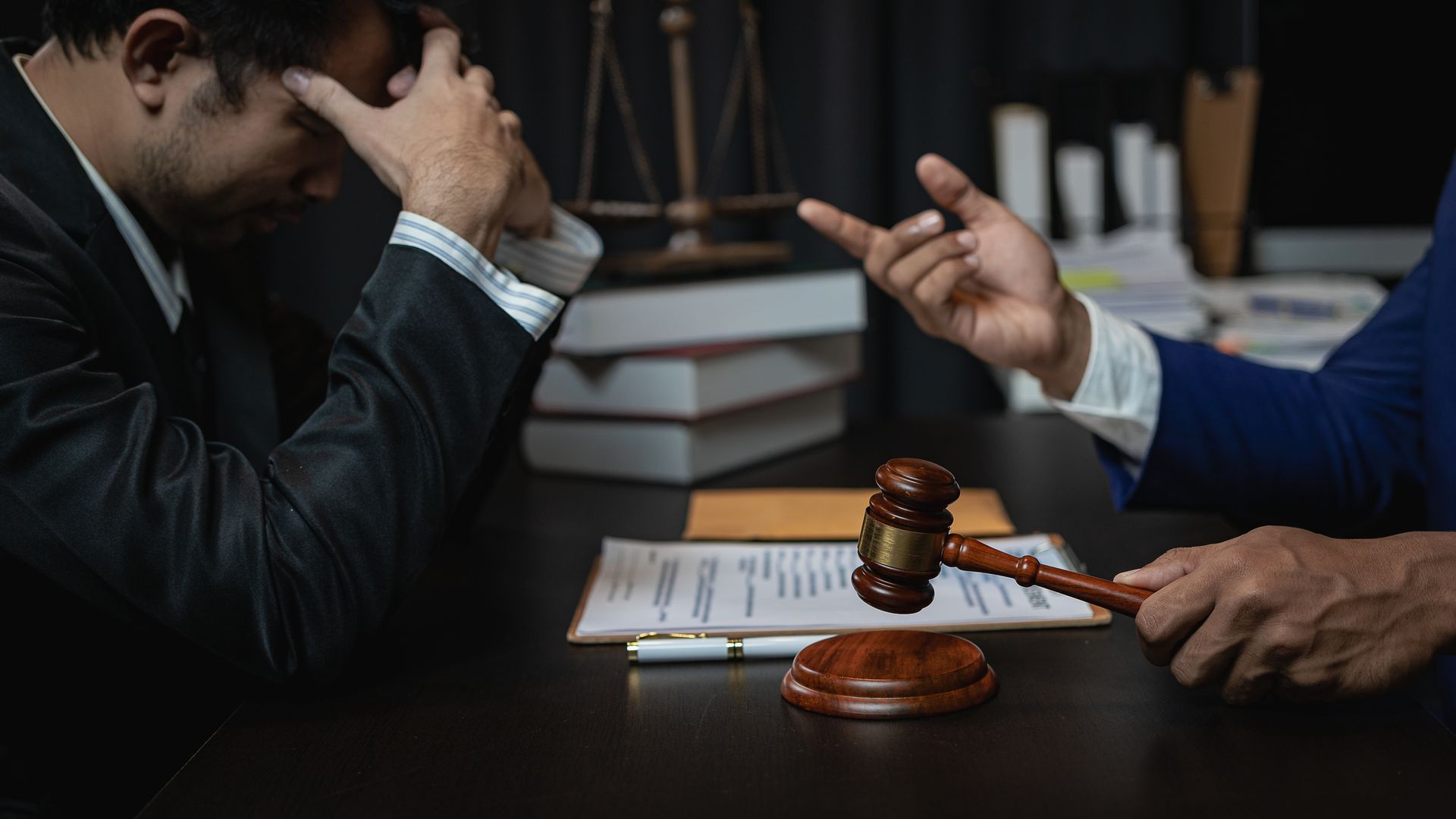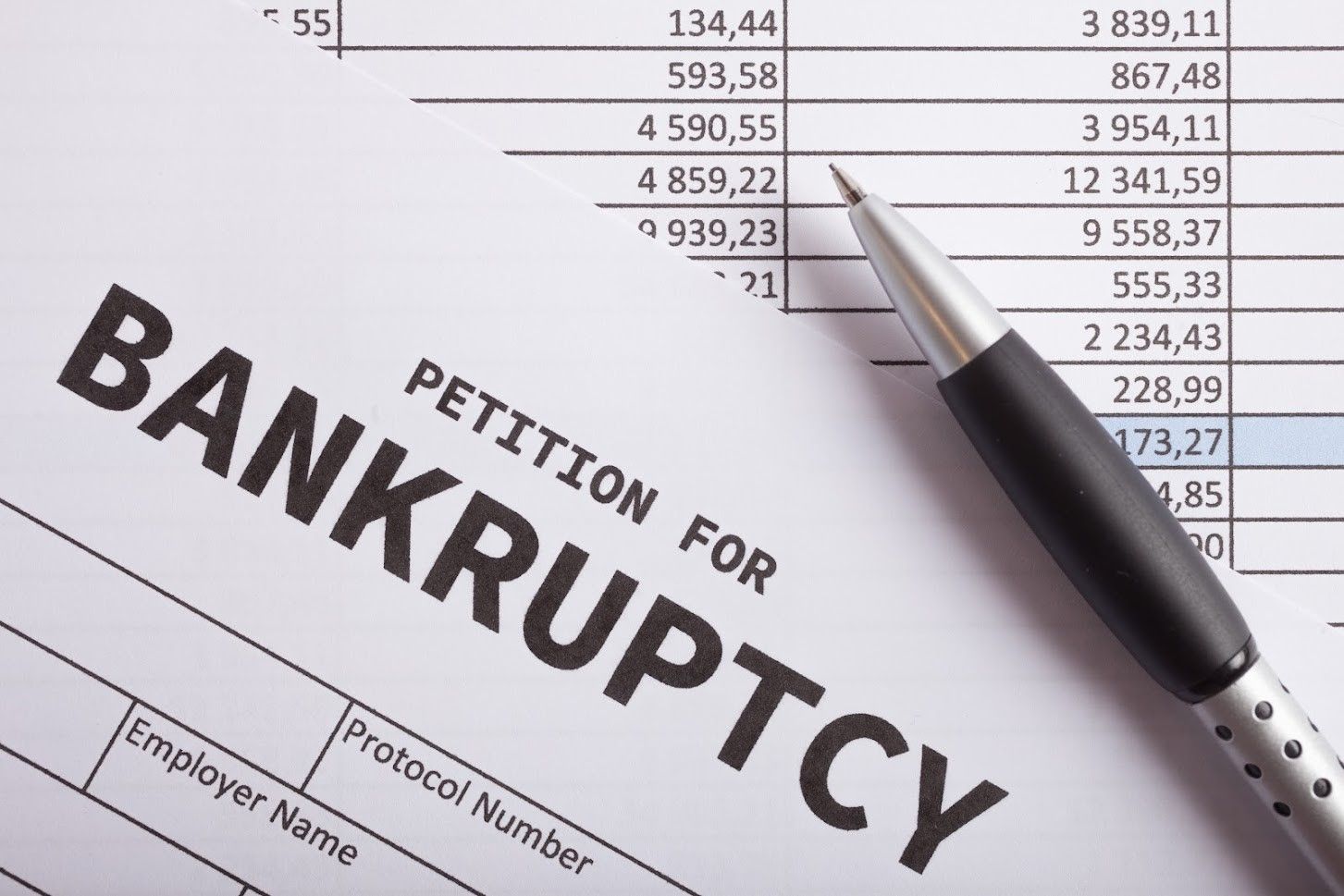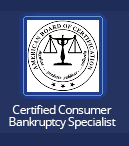The Role of the Trustee in Chapter 7 Bankruptcy

Individuals who file for Chapter 7 bankruptcy protection will receive help from a trustee to manage their estate. Thus, you will often interact with the trustee to handle your bankruptcy case, and they will settle all or most of your debt. Here is a complete overview of the role and responsibility of a trustee in a Chapter 7 bankruptcy claim.
Examine Your Bankruptcy Filing
A trustee must determine that the information you presented on your finances and creditors is legitimate. They will investigate your fund usage in the few months before you submit your documents. They will also ensure you list all the creditors regardless of your favoritism or preference to pay some and ignore others.
Finally, they will conduct an independent review of your assets to ensure you did not fraudulently hide or transfer ownership before filing.
Handle the Creditors
Once the trustee completes the review, they must determine how they will organize repayment with your creditors. They will call a meeting with the creditors to interview you and discuss the way forward on how they can receive their payment. Some creditors might skip this step if they feel you were completely honest with your filing. Others will show up to determine if everything you present in the documents is legitimate.
Thus, the trustee will be the central figure in the 341 creditors' meetings and interviews. The trustee will forward questions the creditors want answered and inquire more about your assets and financial history. If your responses match the investigation and bankruptcy documentation, the trustee can move to the next step in the procedure.
Check Liens
A court-appointed trustee will check any outstanding liens against the debtor in a Chapter 7 bankruptcy. A lien is a legal claim or right against a property, typically to satisfy a debt or other obligation. For example, you might offer your assets as collateral to receive a loan or debt and forfeit it if you cannot repay it.
Liens involve assets like real estate or personal property to secure a mortgage or equity lines of credit. It also includes other credit facilities like tax liens. The trustee will determine the priority of the liens and whether they can avoid them.
For instance, a mistaken signature or inaccurate information in a lien contract can forfeit a creditor's right to the asset, and the trustee can sell the asset for the benefit of the other creditors. The trustee will also work with the debtor's creditors to negotiate a repayment plan, if necessary.
Liquidate Your Assets
The trustee will work with you to recover and repossess all your non-exempt property. Non-exempt properties are all assets not protected by Chapter 7 bankruptcy. A trustee might search your home if they feel you hid some assets in the filing. Otherwise, they can cooperate with you in this process.
The trustee will then liquidate all your non-exempt property to repay investors. They can sell the property directly to recover funds or negotiate a buy-back plan with you at a discounted rate.
Recover Prebankruptcy Expenditures
A trustee will work to recover any payments made before you filed for Chapter 7 bankruptcy. They can usually recover funds up to 90 days before the filing or a year if the creditors are insiders like relatives, friends, or associates.
If a creditor cannot return the payment, the trustee may work to negotiate a settlement with your creditors. The trustee will urge the creditor to return the amount if it is a preferential transfer.
Bankruptcy filings require a precise comprehension of the rules and guidelines to streamline the process. You should consult a bankruptcy consultant that can help you navigate the process. Contact us at Charles J Schneider PC to learn how we can help you with your Chapter 7 bankruptcy today.

